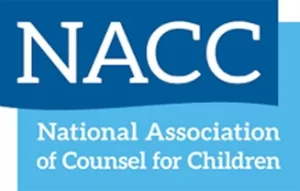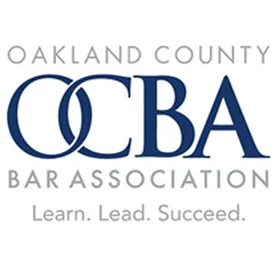
As experienced criminal defense attorneys and education law advocates, we at Kirsch Daskas Law Group understand the complexities parents face when navigating the Individualized Education Program (IEP) process. Preparation is key to ensuring your child receives the education they deserve. This guide will help you plan, prepare, and advocate effectively.
Planning: The Foundation of Success
Understand Your Child’s Needs
Planning prevents problems. To advocate effectively for your child, you must first understand their unique needs and how they learn best. Gather information about your child’s disability and educational requirements. What is your vision for your child? What drives your passion to create a blueprint for their success? Identify their strengths and weaknesses both at school and in other settings such as home and extracurricular activities.
Gather Essential Documents
Collect all relevant documents, including past IEPs, correspondence, evaluations, progress notes, and reports. Organize these materials into a binder or file system with dividers. This organized toolkit will be crucial during the meeting.
Preparing: Setting the Stage
Identify Key Concerns and Team Members
Based on data regarding your child’s progress, identify your primary concerns. Determine who should be present at the IEP meeting to address these concerns effectively. Make a formal request to the IEP team organizer or Special Ed Director for these individuals to attend.
Review Goals and Strategies
Observe your child in various settings to understand their educational experience fully. Review and revise both academic and non-academic goals. Develop strategies to address your concerns and help your child achieve these goals. Familiarize yourself with the school’s IEP form and prepare questions or concerns for each section.
Communicate with Your Child
Talk to your child about what is working and what is not. Identify their goals and the steps they see as necessary for progress. Incorporate their perspective into your ideal IEP plan and share this plan with the team in advance.
Know Your Rights
Educate yourself about special education laws, regulations, and policies. Understand that your child is entitled to an appropriate education, not necessarily the best or one that maximizes their potential. Be prepared to discuss test results and develop strategies to address any issues. Always aim for a win-win solution that benefits your child.
Advocating: Your Role in the IEP Meeting
Bring Your Toolkit
At the meeting, bring your organized binder or folder with all relevant documents. Approach the meeting with a clear agenda focused on improving your child’s access to education.
Introduce Yourself and Your Plan
Introduce yourself and request that all attendees do the same. Follow your plan closely, starting with your child’s strengths and then addressing concerns. Use your organized documents to support your positions.
Stay Calm and Focused
Remain calm and take a breath if needed. If your goals are not achieved during the meeting, remember that you can disagree with the IEP in part or in its entirety. Take the document home, review it thoroughly, and compare it with your plan. Provide the team with written objections and proposed changes, supported by factual data.
Take Notes and Be Persistent
Document everything. If it’s not in writing, it didn’t happen. Use your log and journal to keep track of discussions and promises. If you hit an impasse, request a break or reschedule the meeting. You have the right to reflect, re-evaluate, and reconvene if necessary.
After the Meeting: Continuing the Advocacy
Dispute Resolution
If you disagree with the IEP, you have several options. Start by writing a letter outlining your concerns and requesting another meeting. If necessary, you can file a Due Process Complaint, a State or Federal Civil Rights Complaint, or seek mediation.
At Kirsch Daskas Law Group, we are dedicated to supporting parents and caregivers through the IEP process. By planning, preparing, and advocating effectively, you can ensure that your child receives the education they are entitled to. For more information or assistance, contact us today.










